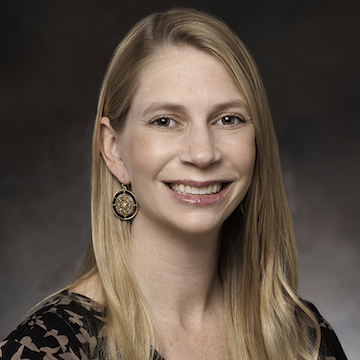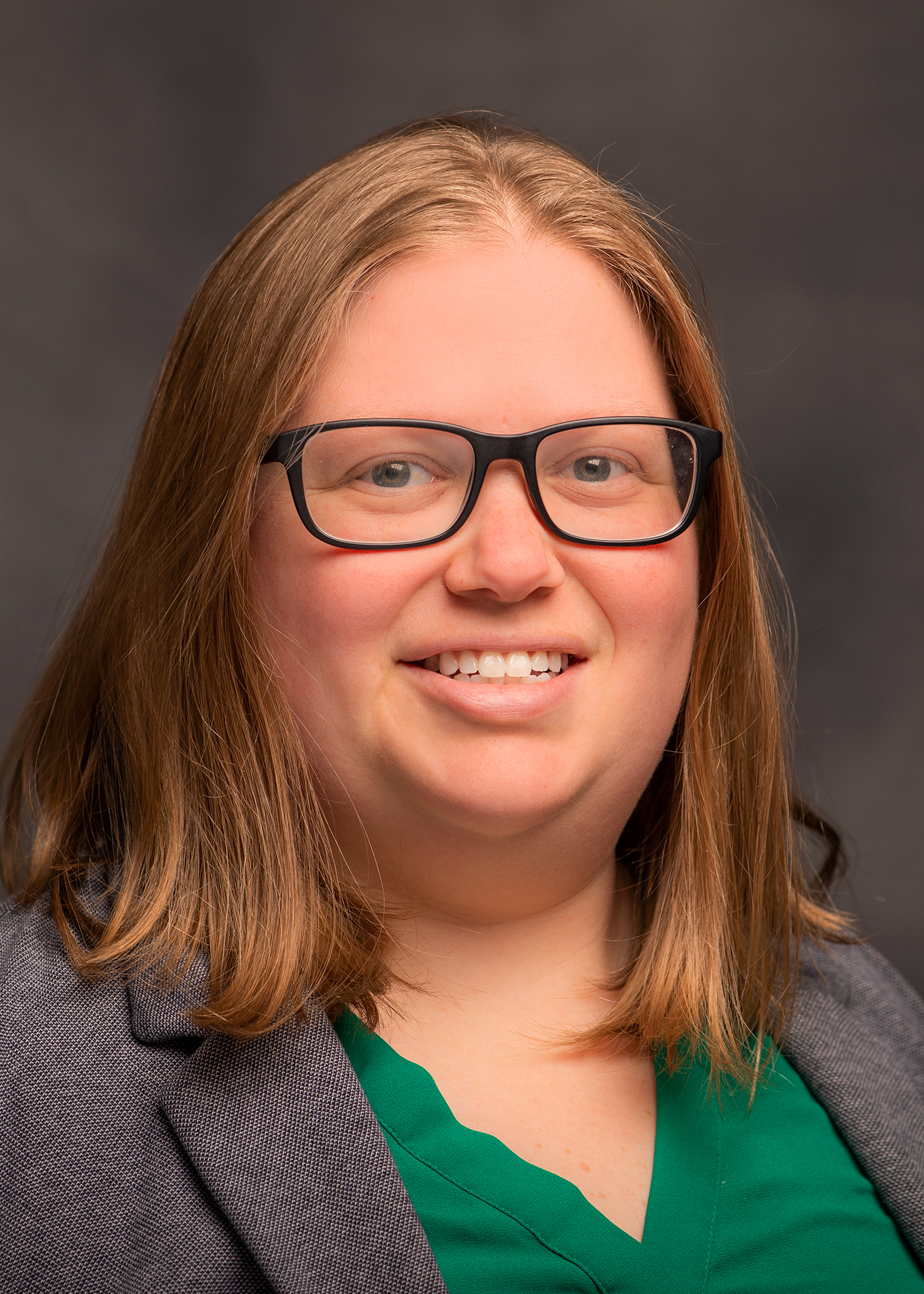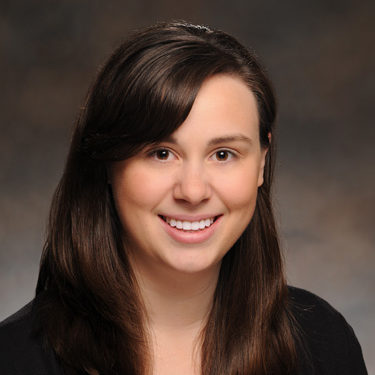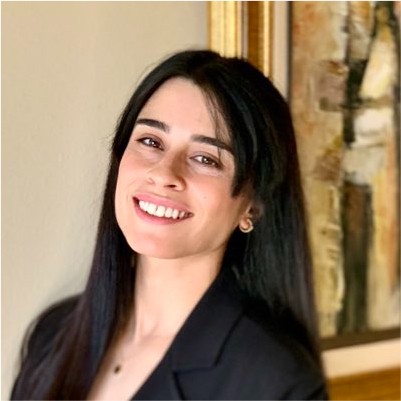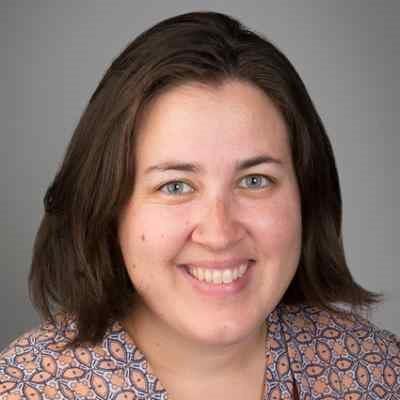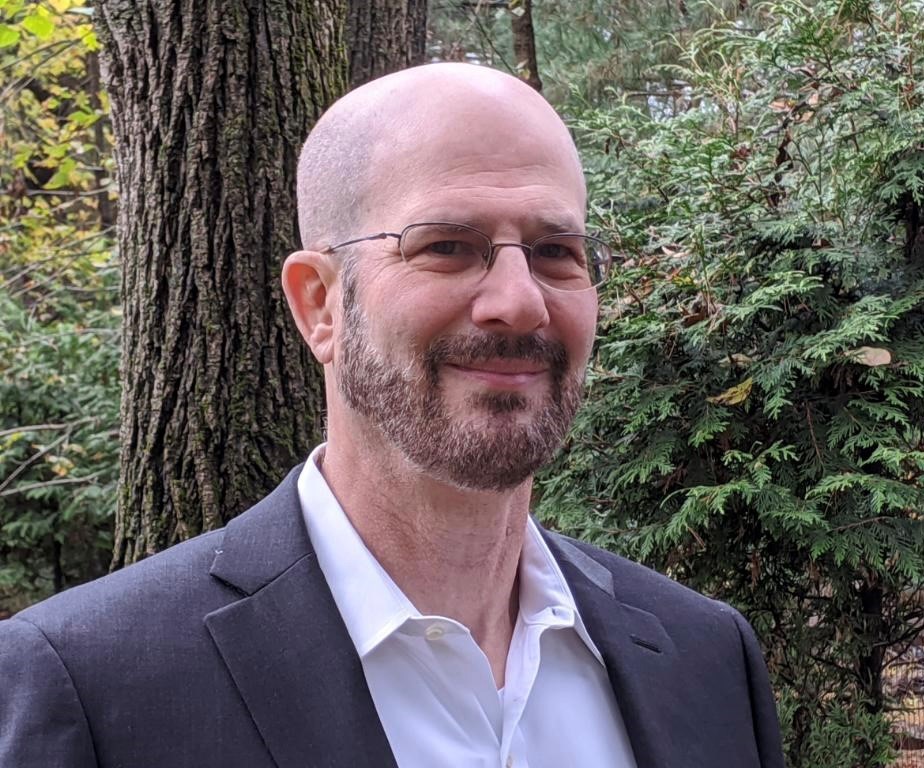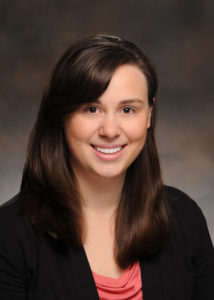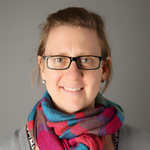Survey Success Trilogy: Introduction to the Field, Networking, and Navigating Your Career in Survey Research
October 13th 12-1pm CT: What is Survey Research?
October 27th 1-2pm CT: How to Network in the Survey Field
November 3rd 12-1pm CT: Navigating the Survey Job Market
Registration to this series gives you access to all three live webinars as well as access to a recording of each webinar for one price. The cost for MAPOR members is $30, $60 for non-members, and FREE for students with a valid edu email address. In addition to these amazing webinars, students who attend will be entered into a raffle for a FREE resume review by Dr. Chris Timm of the University of Nebraska. Each webinar you attend will be another entry into the raffle, so come learn about the field and get set up for success. 7 lucky students will win this opportunity.
Please share broadly, we are hoping to especially engage students inside and outside the AAPOR & MAPOR communities.
 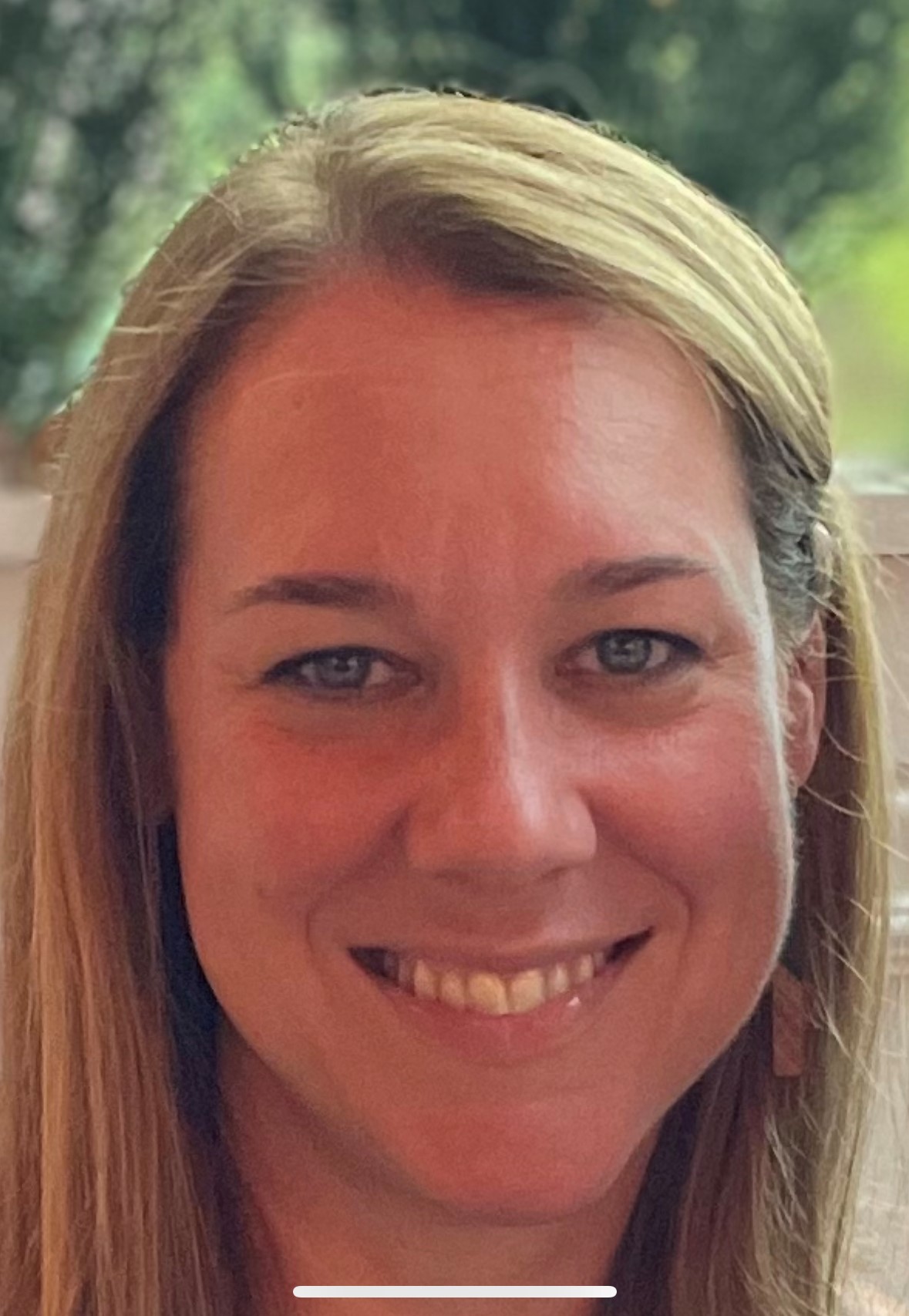  | Brad Edwards, Michelle Amsbary, and Jesus Arrue Westat |
What Is Survey Research
Our first webinar, What is Survey Research? led by Brad Edwards of Westat, will provide an introduction to the field of survey research, why it is important, and what a typical day in this field looks like. Brad and two additional panelists – Michelle Amsbary (Westat) and Jesus Arrue (Westat) will also answer questions from the audience. This webinar will be held on October 13th at 12pm CT.
About the Presenters:
Brad Edwards is a Westat Vice President and Lead Scientific/Methodological Advisor in the Survey Research Sector. He has more than 40 years of experience in survey design and project management in health and healthcare financing, aging and long-term care. Methodological interests include multimode survey design, multicultural survey methods, total survey error, survey costs, and data collector staffing and training. He has led design and implementation of major face-to-face survey methods and tools, including video interviewing, CAPI, ACASI, CARI, mobile field management systems, and performance dashboards.
Michelle Amsbary is a Vice President in Westat’s Large Surveys Practice. She holds a Masters in Survey Methodology from the Joint Program in Survey Methodology (JPSM) at the University of Maryland and a degree in Sociology from the University of Virginia. With over 25 years of experience in all phases of survey research, including survey operations management, Amsbary directs surveys in energy and voting behavior, among others. More recently she has focused on business development activities, such as proposal development and internal training efforts.
Jesus Arrue, MS, Survey Methodologist. Jesus Arrue has 7 years of experience analyzing survey data, conducting literature reviews on survey methodology topics, performing data analysis, and assisting cognitive interviews. Arrue supports a number of projects on quality improvement efforts, as well as video interviewing.
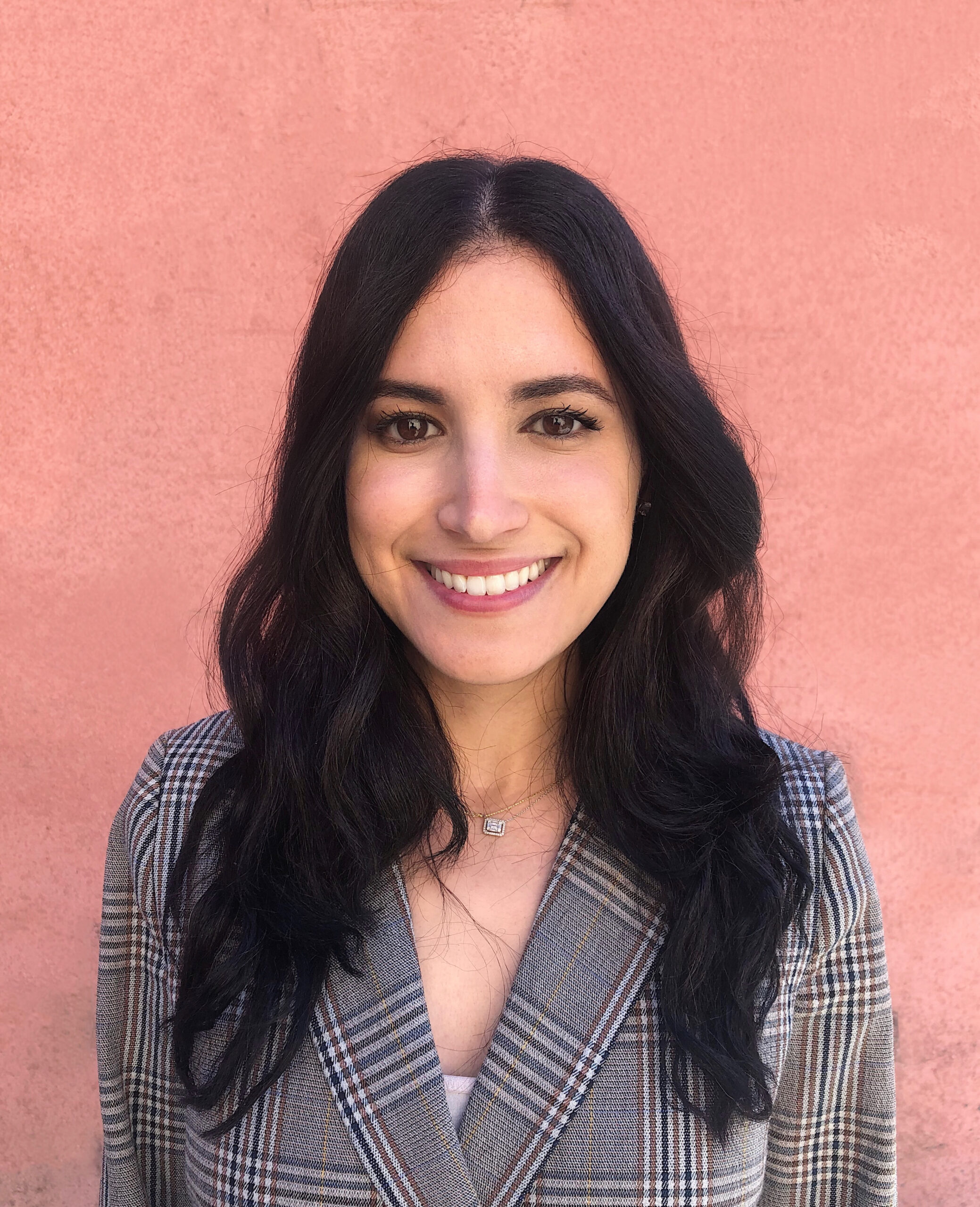 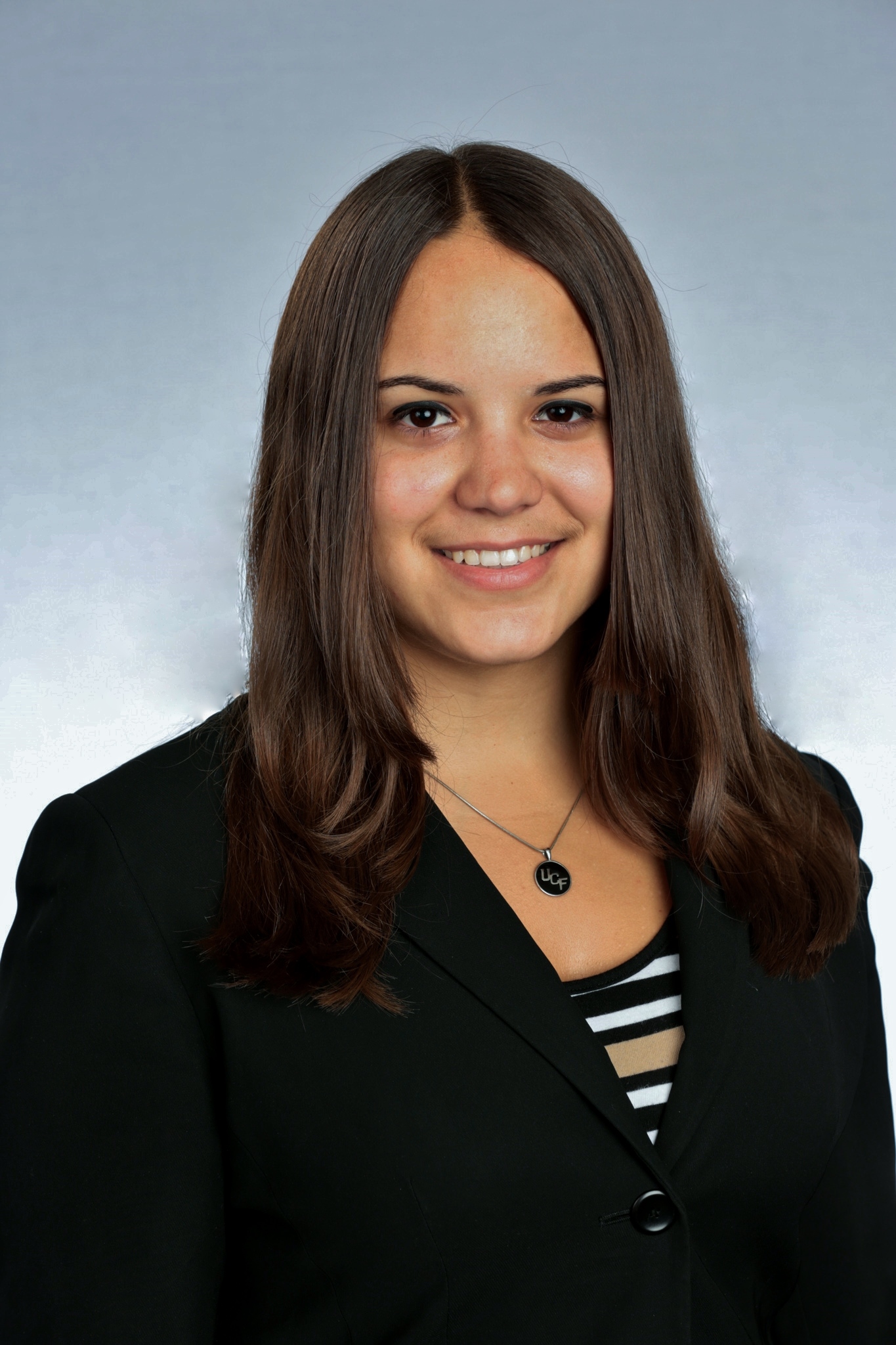  | Tiffany Neman, Felicitas Mittereder, Brittany Creel, and Ned English University of Wisconsin, Meta, Abt, and NORC |
How to Network in the Survey Field
In our second webinar, How to Network in the Survey Field, a panel of MAPOR members with a variety of backgrounds will talk about their experiences networking and answer questions from the audience. We are excited to have Tiffany Neman (PhD Student at the University of Wisconsin), Felicitas Mittereder (Meta), Brittany Creel (Abt), and Ned English (NORC) join us for this panel. This webinar will be held on October 27th at 1pm CT.
Tiffany Neman recently obtained her Ph.D. in Sociology at the University of Wisconsin-Madison and is currently interning as a Survey Statistician at the U.S. Census Bureau’s Center for Economic Studies (CES), where she conducts research on unit nonresponse and panel attrition using administrative records. Her research has been published in several peer-reviewed journals including Public Opinion Quarterly, Survey Practice, and Field Methods, and she frequently presents work at the American Association for Public Opinion Research (AAPOR) annual conference. Tiffany also serves as the Student Representative on the executive council of the Pacific chapter of the American Association for Public Opinion Research (PAPOR).
Brittany Creel is a Survey Research Senior Analyst at Abt Associates, based in Chicago, IL. She focuses on data collection operations, survey methodology, reporting, and data visualization. Prior to her role at Abt Associates, Brittany held research roles at Universal Orlando Resort and MMGY Global. Brittany recently began the Master of Science in Applied Data Science program at the University of Chicago. Previously, she earned her Bachelor’s degree in Marketing from the University of Central Florida and completed the University of Georgia’s Principles of Market Research certificate program. When not working or studying, you can find Brittany on hiking trails with her dog, reading mystery novels, watching movies, cheering on the UCF Knights, or playing board games.
Ned English is a Principal Research Methodologist at NORC, where he has contributed to numerous studies, managed research projects, and led its Geographic Information Systems (GIS) group since 2002. English is considered a leader in address-based sampling (ABS) for single and multi-mode surveys, advising on studies across disciplines. He has also served as the lead methodologist on projects for clients such as the Centers for Disease Control, the National Institutes of Health, and the National Institute on Aging. His work has been published in leading journals as well as book chapters and conference proceedings. English also teaches “GIS Applications in the Social Sciences” at the Harris School of Public Policy at the University of Chicago. Prior to NORC, he worked as a GIS consultant implementing geospatial solutions for clients in the public and private sectors. He earned his M.S. in Geography from the University of Wisconsin-Madison and his B.S. in Geography from McGill University. Ned is also proud to have served on MAPOR council as President, Conference Chair, and Secretary/Treasurer over the past ten years.
 | Dr. Natalie Jackson Vice President GQR |
Navigating the Survey Job Market
The final webinar of this series, Navigating the Survey Job Market led by Natalie Jackson of GQR will focus on tips and tricks for cover letters and resumes, preparing for interviews (online or in-person), and other advice for ensuring a successful job hunt. This webinar will be held on November 3rd at 12pm CT.
Natalie Jackson, PhD, is Vice President at GQR. She has spent nearly two decades developing extensive expertise in survey research, methodology, and political polling. Her research on how people form opinions, as well as on the election polling and forecasting landscape has appeared in peer-reviewed journals and edited volumes, and she has a weekly column on data politics called Leading Indicators at National Journal.
Prior to joining GQR, she was Director of Research at PRRI and Managing Director of Polling at Just Capital. Earlier in her career, she held senior and management positions at the Marist Institute for Public Opinion and The Huffington Post. She is an active member for the American Association for Public Opinion Research, serves on the council for the National Capitol Area Political Science Association, and co-chairs the Careers Diversity Committee for the American Political Science Association. She is on the editorial boards of Social Science Quarterly and PS: Political Science and Politics. Natalie received her PhD in political science from the University of Oklahoma and was a postdoctoral associate at the Duke University Initiative on Survey Methodology. Her BA in political science and history is from West Texas A&M University. She has just published an edited volume, Non-Academic Careers for Quantitative Social Scientists, with Springer Nature.


